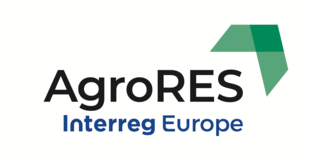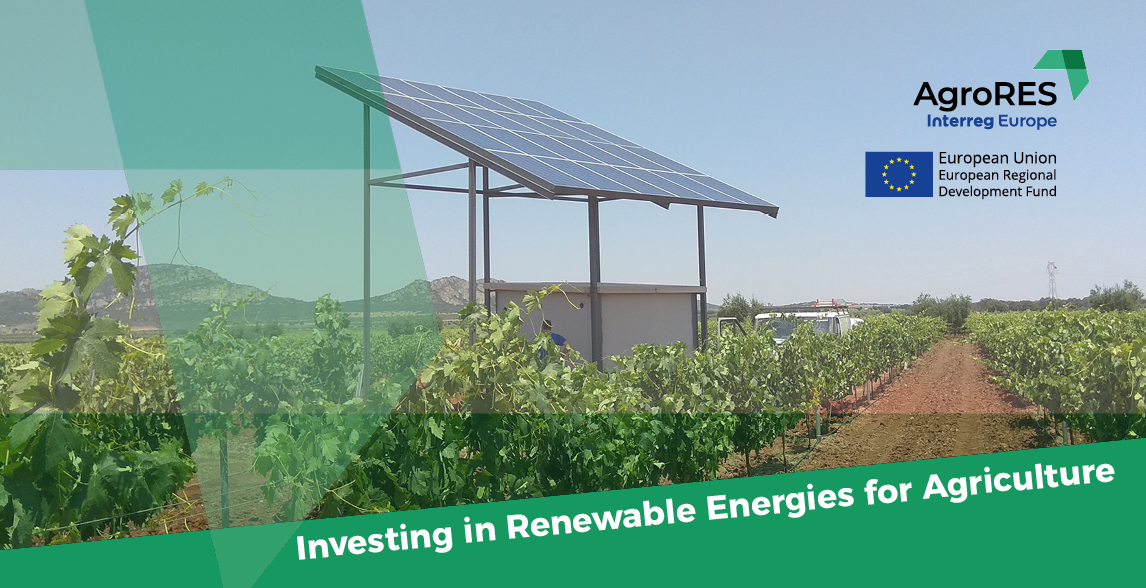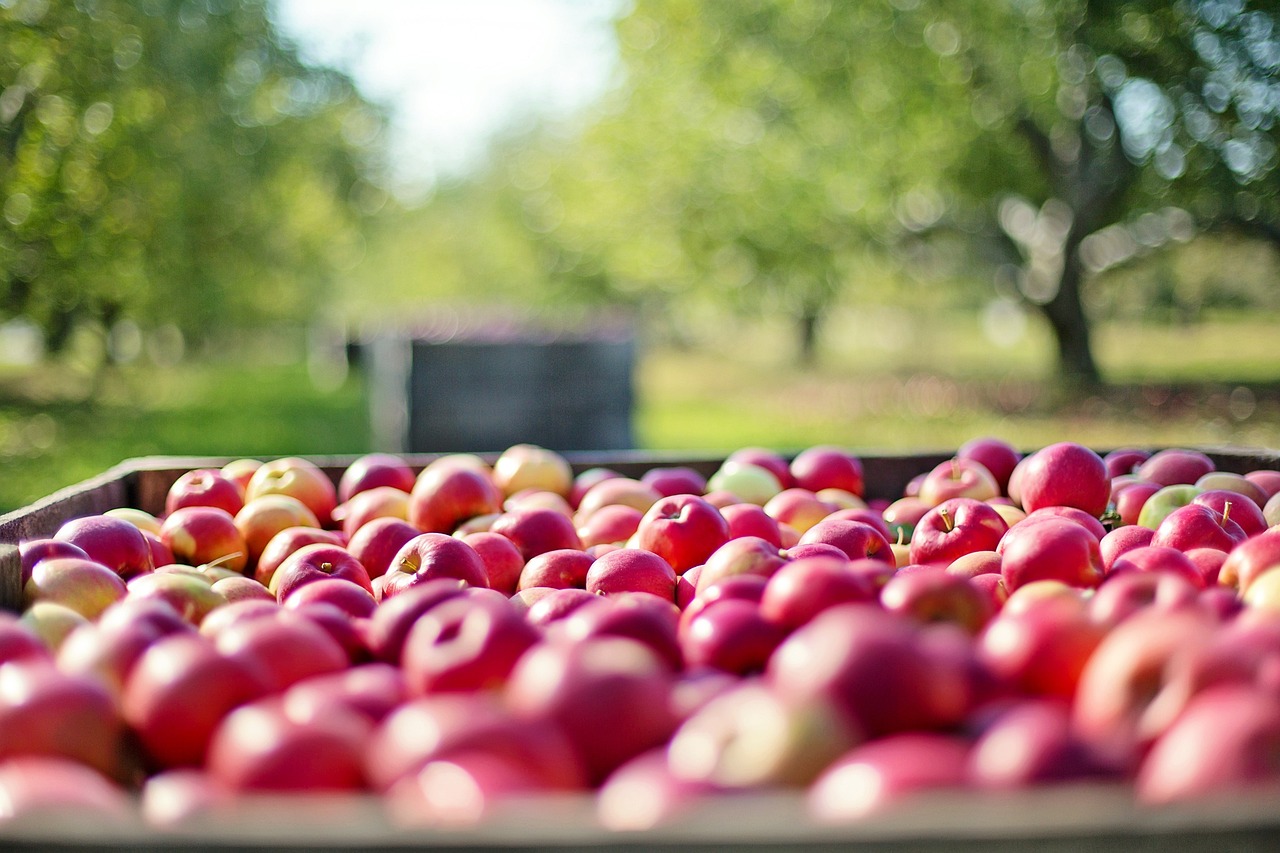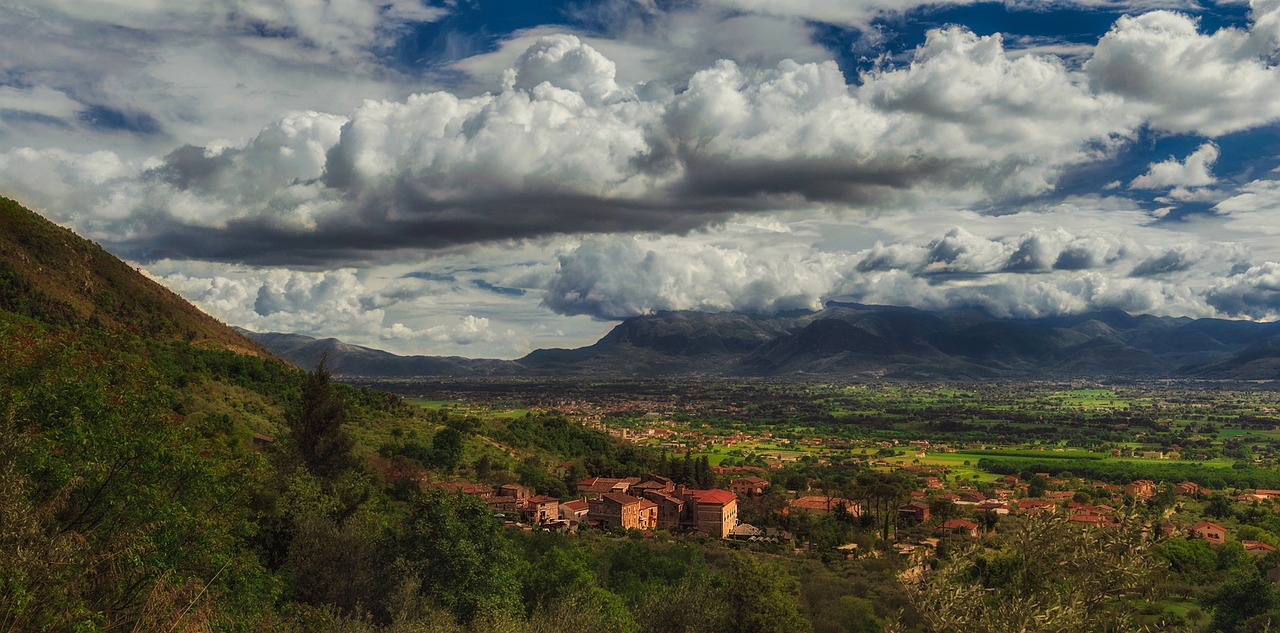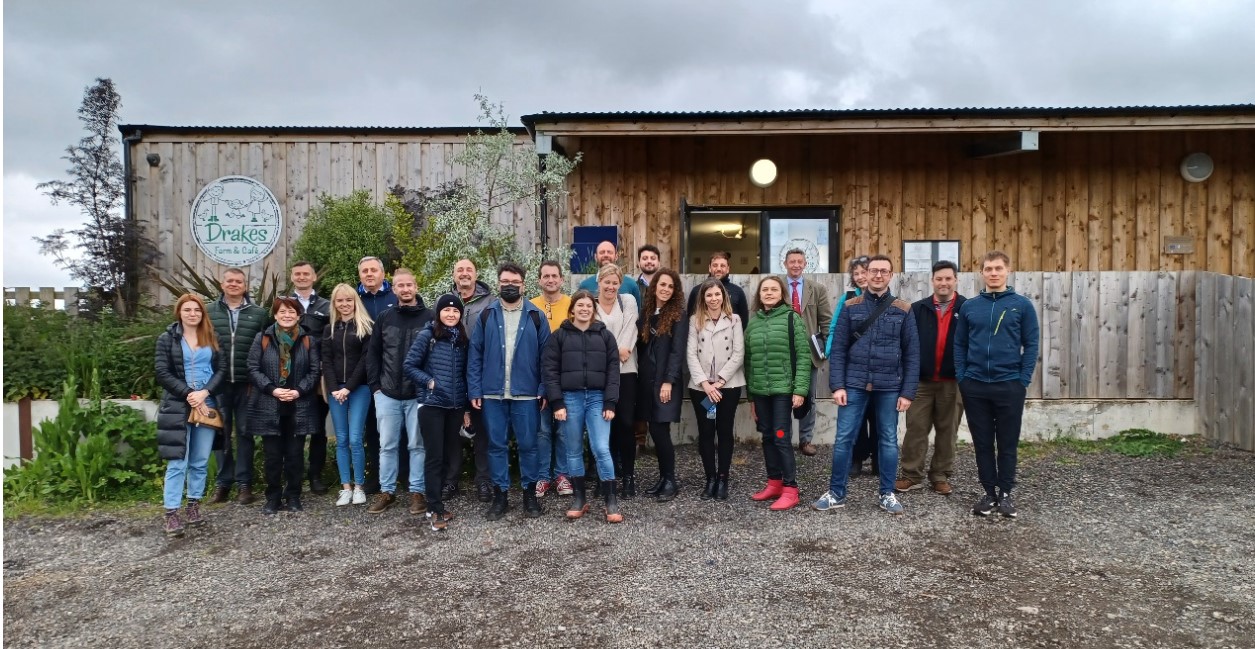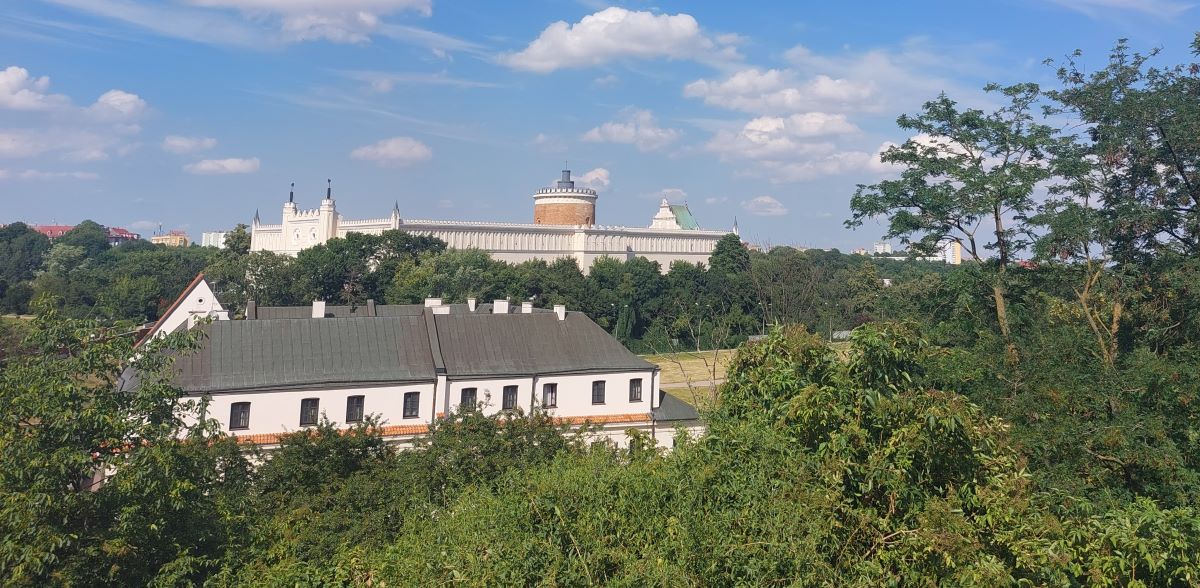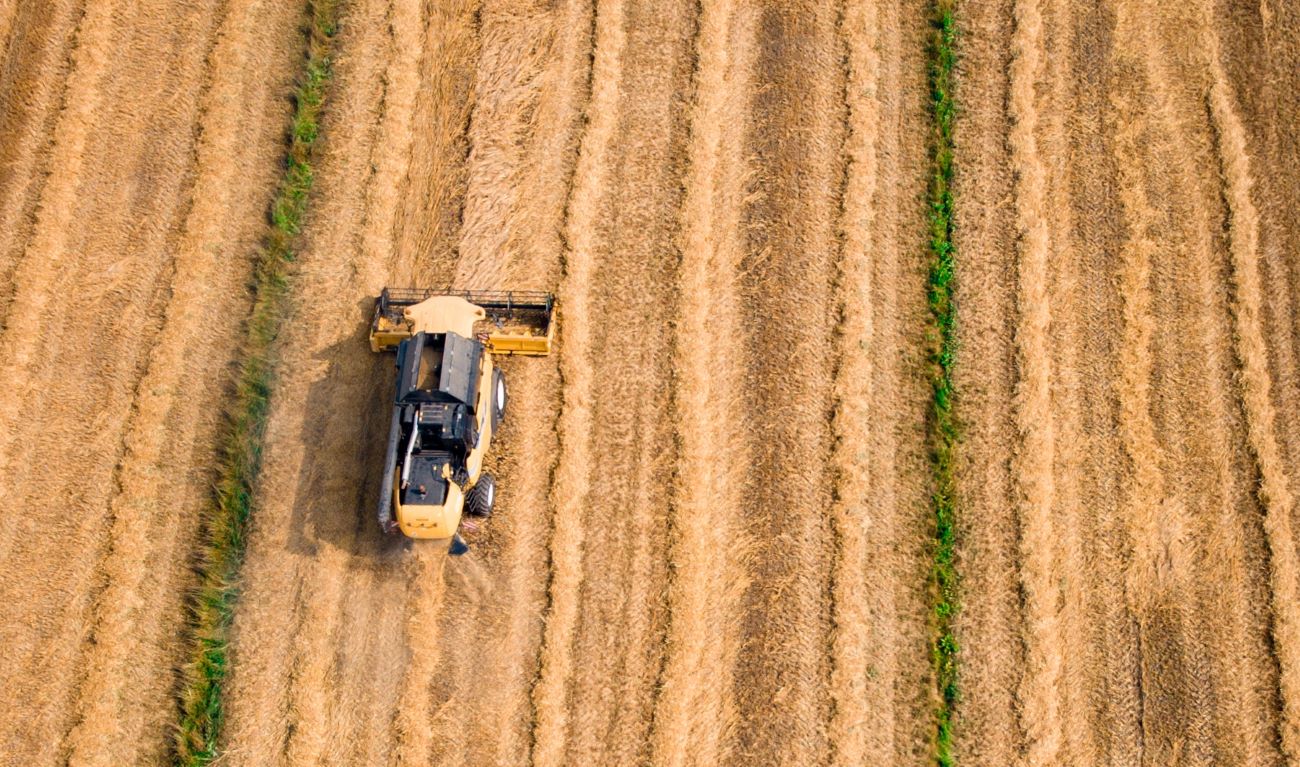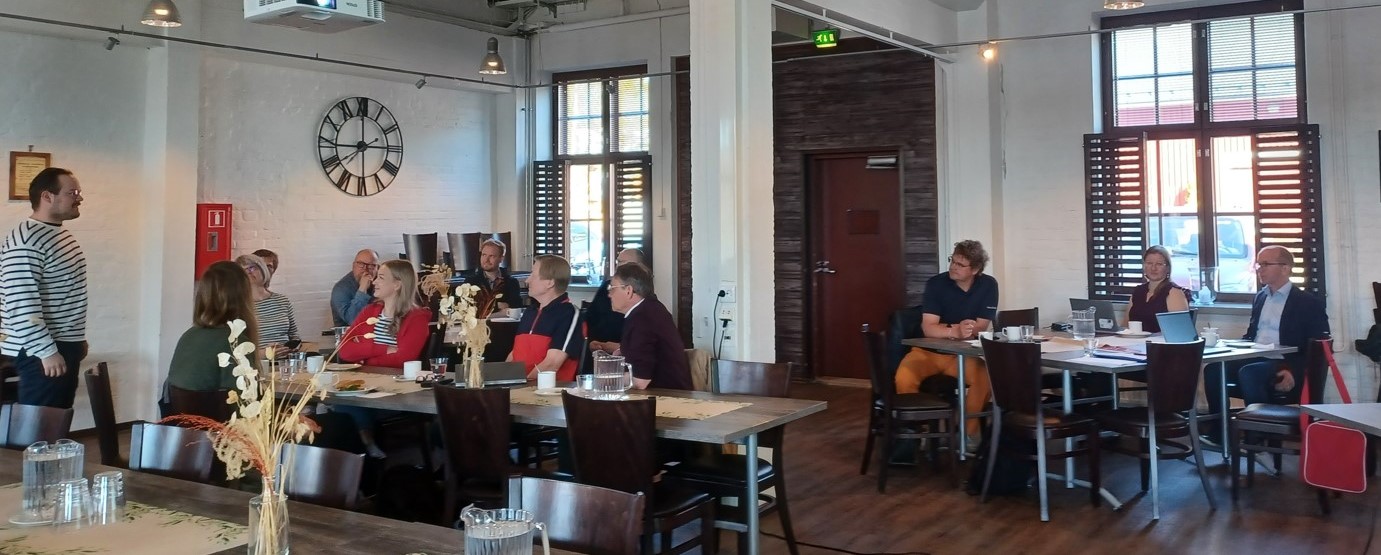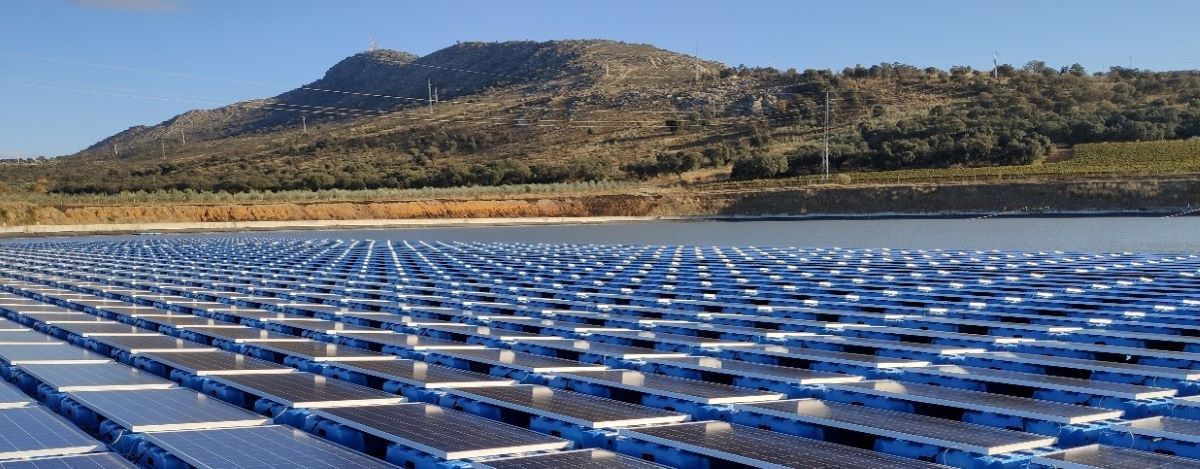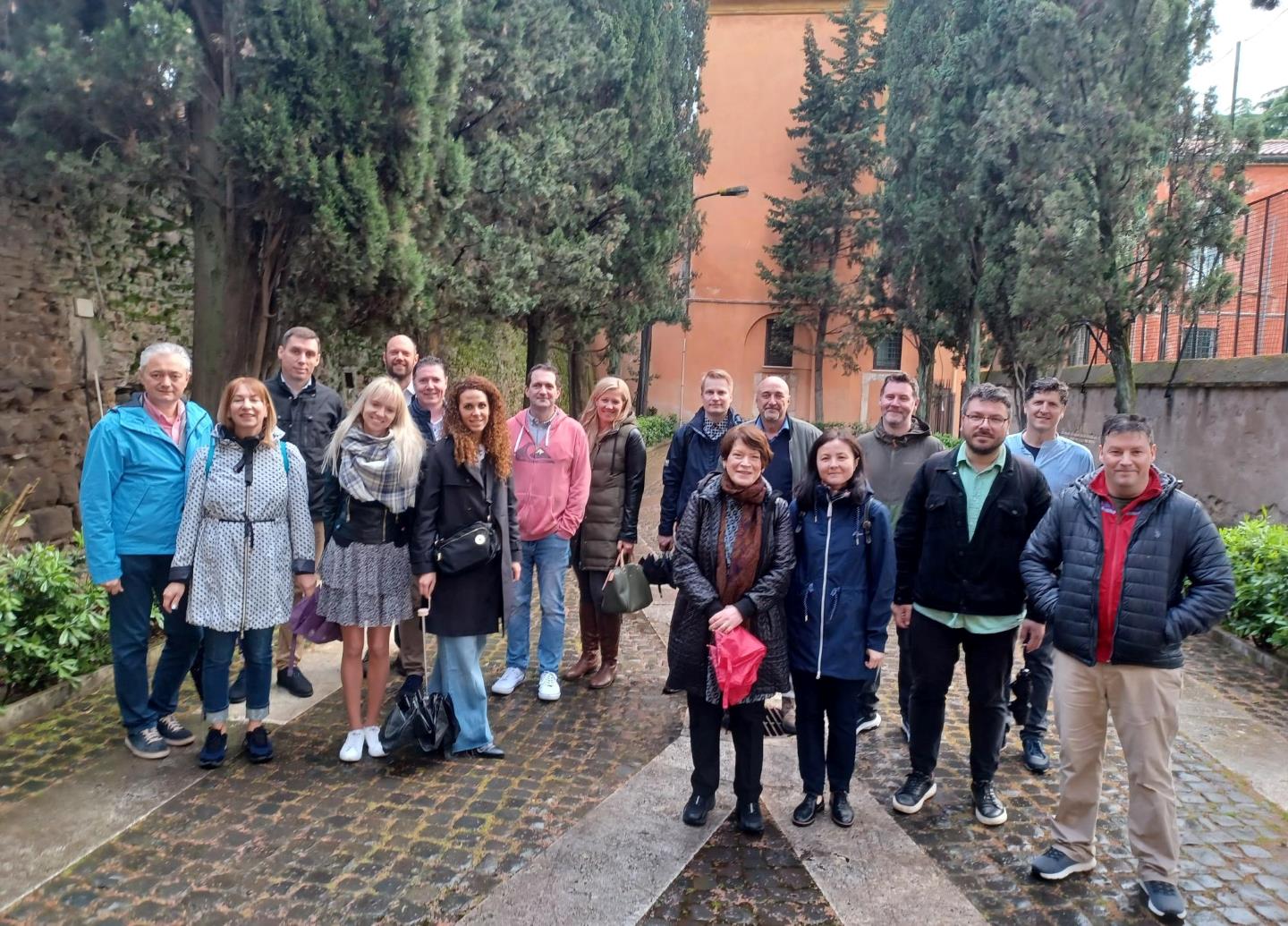A study has been carried out in North Karelia, Finland, on the energy use, greenhouse gas emissions and carbon sinks of agriculture and on the most potential renewable energy sources in the region.
The study shows that the use of renewable energy in agriculture will increase, to some extent, without any additional measures. For instance, many electricity companies operating in the country have already replaced fossil fuels and provide green electricity. Measures are needed to increase farm-scale biogas production and to phase out the use of fossil fuels in heating and farm equipment and vehicles.
- Farm machines play an important role both in agricultural energy consumption and greenhouse gas emissions. More than a half of the energy used in agriculture in North Karelia is consumed by farm machines and around one third by heating. Whereas, over 70 per cent of the greenhouse gas emissions caused by agricultural energy consumption are due to farm equipment and vehicles, explains project manager Pasi Lamminluoto from Regional Council of North Karelia.
However, if we look at the total emissions from agriculture and not just emissions caused be energy consumption, arable farming and livestock farms cause more greenhouse gas emissions than machinery.
Replacing the use of diesel in farm vehicles would require significant technological development and cost reduction in biofuel-powered and electric vehicles. On the other hand, hydrogen, methane and synthetic diesel may be potential energy sources for farm machines in the future.
Significant potential in biogas
Biogas produced from agricultural by-products, such as manure and field biomass, can be utilised in farm machines, heating, electricity generation and as vehicle fuel.
However, poor profitability of farm-scale biogas plants and low demand for biogas have hindered the production in the region.
- Production of biogas could increase if more significant support, such as investment, energy or production aid were granted for biogas plants, says Pasi Lamminluoto.
In addition, obtaining a permit for a biogas plant is a complicated and time-consuming process. Simplifying this process could boost development. Also, the use of biogas in public transportation could lead to a wider use of biogas in all sectors.
- It is important to maintain and develop investment subsidies also for non-biomass renewable energy, such as solar energy, wind power and geothermal energy. These solutions are easier to implement and they have shorter payback periods.
Clear picture and realistic measures
The study was commissioned by the Regional Council of North Karelia and carried out by Gaia Consulting Ltd.
- We wanted to get a clear picture of agriculture’s carbon balance in North Karelia and to map realistic measures that would increase the use and production of decentralised renewable energy in the region in a profitable and sustainable way.
The results of the study will be taken into account when drawing up a road map for the regional Climate and Energy programme 2030.
The full report is available here, only in Finnish: www.interregeurope.eu/fileadmin/user_upload/tx_tevprojects/library/file_1627893436.pdf
